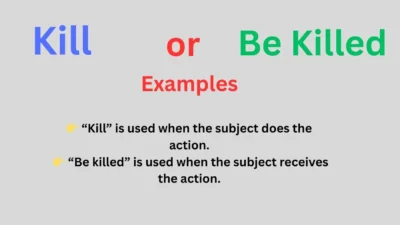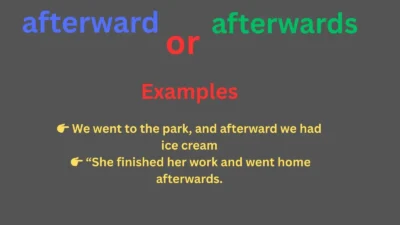I see you’re wondering whether it’s “sence” or “sense” — trust me, I’ve asked the same question! 😅
Many writers, students, and even professionals mix these two up because both look correct at first glance.
But only one spelling is right — and it’s the one that makes perfect sense!🧠
In this quick guide, I’ll explain the correct spelling, its meaning, real examples, and how to remember it easily.
Let’s clear your confusion once and for all — and make your writing shine! ✍️
⚡ “Sence or Sense” – Quick Answer
👉 “Sense” ✅ is the correct spelling.
❌ “Sence” is a common misspelling of “sense.”
Examples:
- ✅ It makes sense to double-check your work.
- ❌ That doesn’t make any sence.
So, if you’re writing emails, essays, or social posts — always use sense!
📜 The Origin of “Sense”
The word “sense” comes from Latin sensus, meaning feeling or perception.
It entered English around the 14th century, keeping its link to understanding and awareness.
The misspelling “sence” likely started because of phonetic confusion — people spelling it how it sounds.
However, “sence” never became a standard in any English dialect.
🇬🇧 British English vs 🇺🇸 American English Spelling
Here’s the good news — both British and American English use sense, not sence.
Unlike words such as colour/color or favour/favor, this one has no regional difference.
| Example | British English | American English |
|---|---|---|
| Correct form | Sense | Sense |
| Incorrect form | Sence | Sence |
| Meaning | Understanding, perception | Understanding, perception |
No matter where you live — the spelling doesn’t change.
🌍 Which Spelling Should You Use?
Always use “sense.” It’s accepted globally — in the US, UK, Canada, Australia, and everywhere English is written.
If you use “sence,” readers may assume it’s a typo or grammar mistake.
So, to sound professional and polished, stick with sense.
🚫 Common Mistakes with “Sence or Sense”
Here are mistakes people often make:
| Incorrect | Correct | Explanation |
|---|---|---|
| It makes no sence. | It makes no sense. | Wrong spelling. |
| I can’t make sence of it. | I can’t make sense of it. | Common typo. |
| Use your common sence. | Use your common sense. | Only one right form! |
Tip: Remember the word sense has the same ending as tense or dense.
💬 “Sense” in Everyday Examples
In text messages:
“That doesn’t make sense 🤔”
In emails:
“It makes sense to schedule a follow-up meeting.”
In social media:
“Trust your gut — it always makes sense in the end 💡”
In news writing:
“Economists argue the decision makes financial sense.”
See how “sense” fits perfectly in both formal and casual writing?
📊 “Sence or Sense” – Google Trends & Usage Data
Search data shows that “sense” dominates worldwide 🌎.
According to Google Trends, “sence” appears mostly in search errors or informal queries.
| Country | “Sense” Popularity | “Sence” Popularity |
|---|---|---|
| United States | 🔵 100% | ⚪ 0% |
| United Kingdom | 🔵 100% | ⚪ 0% |
| India | 🔵 98% | ⚪ 2% |
| Pakistan | 🔵 97% | ⚪ 3% |
Clearly, “sense” makes the most sense! 😄
FAQs
Q1: Is “sence” ever correct in any context?
No, it’s always a spelling error. The correct form is sense.
Q2: Why do people spell it “sence”?
Because it sounds similar — a phonetic error.
Q3: Can “sense” be a noun and a verb?
Yes! Example: I sense danger (verb) and use your sense of humor (noun).
Q4: What are synonyms for “sense”?
Understanding, logic, perception, awareness, intuition.
Q5: How do I remember the correct spelling?
Think of “seNse” — it has an N just like “kNow.”
Q6: Is “sense” used in idioms?
Yes — make sense, come to your senses, common sense, no sense at all.
Q7: Is “nonsense” related?
Exactly! It’s built from non + sense, meaning “without meaning.”
🧠 Conclusion
In short, “sense” is the correct spelling — “sence” is not. 🧠
If you want your writing, captions, or emails to sound smart, clear, and professional, always use sense.
It’s the only accepted form in British, American, and global English, so there’s never a reason to choose sence.
Think of it this way — when something makes sense, it’s spelled sense! ✅
Simple rule, easy memory, zero confusion.
Use it confidently in everyday writing, and your grammar will always make perfect sense! ✍️

I’m Emma Collins, a grammar expert and author at Grammarnestly.com. I love helping readers master English with simple, practical grammar guides.
When I’m not writing, I enjoy reading, coffee, and exploring the beauty of language.



